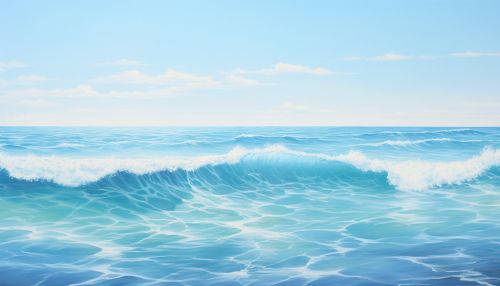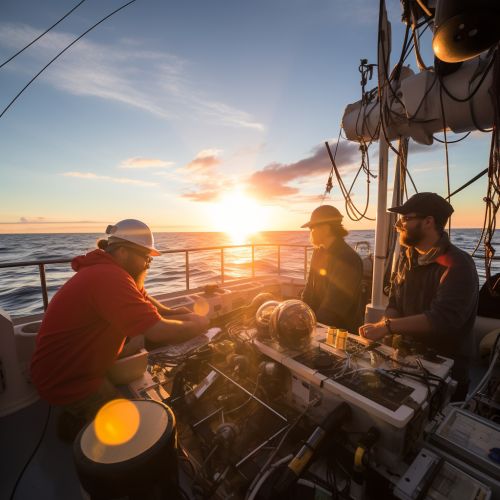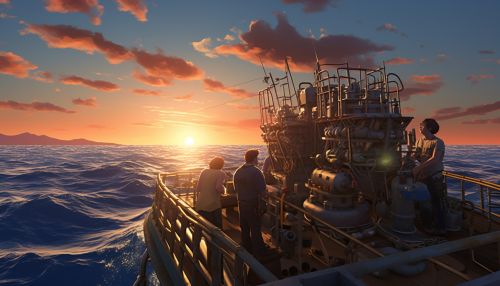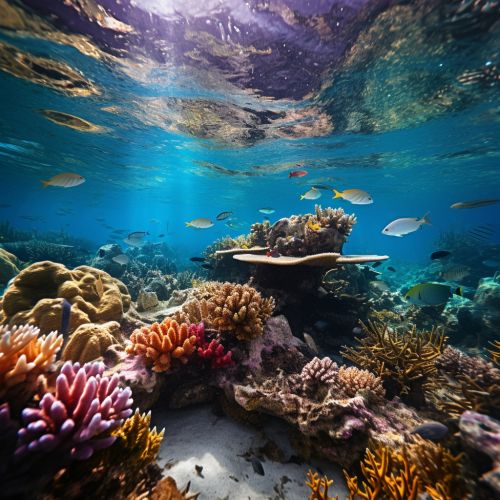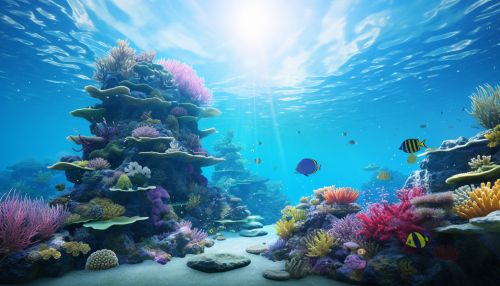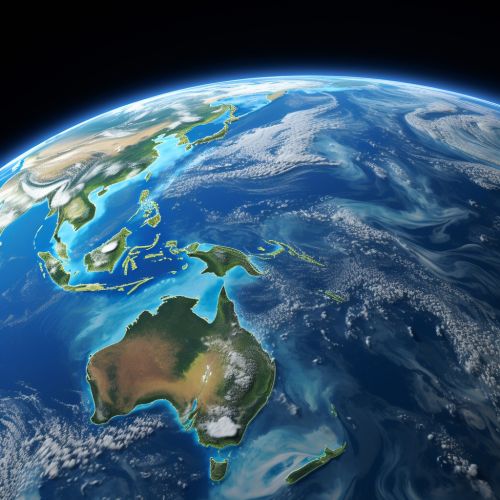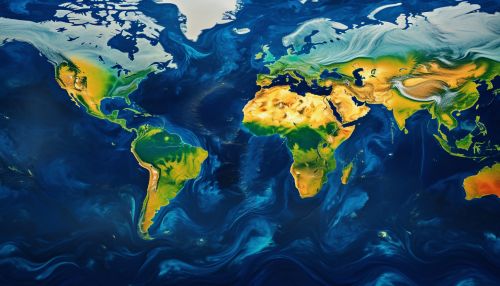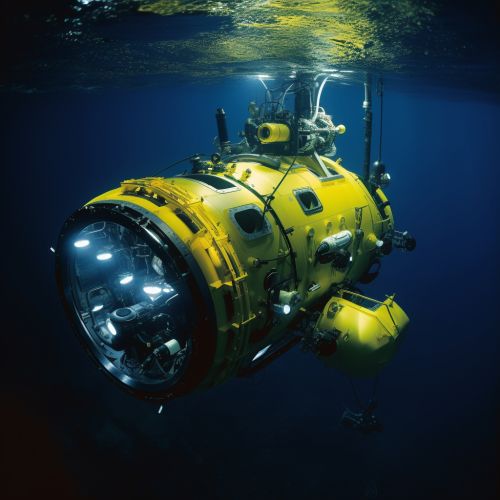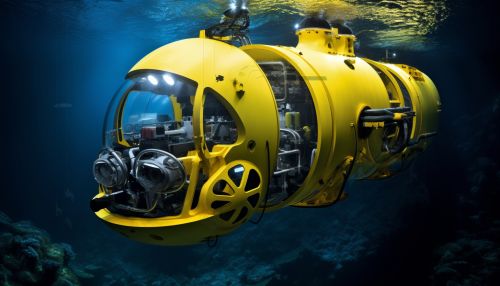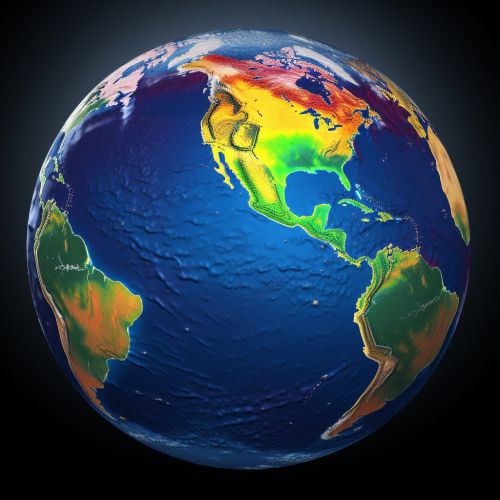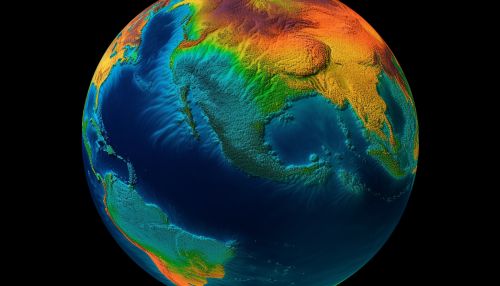Oceanography
Introduction
Oceanography, also known as Oceanology, is a branch of Earth Science that studies the ocean. It encompasses a broad spectrum of topics, including the study of marine organisms and ecosystem dynamics; ocean currents, waves, and geophysical fluid dynamics; plate tectonics and the geology of the sea floor; and fluxes of various chemical substances and physical properties within the ocean and across its boundaries.
Historical Overview
The roots of oceanography can be traced back to early explorations of the ocean in ancient times. However, it was not until the 19th century that oceanography began to crystallize as a distinct scientific discipline. The Challenger expedition of 1872-1876, a scientific expedition that made significant discoveries and laid the foundation of oceanography, is often considered the inception of modern oceanography.
Branches of Oceanography
Oceanography is a multifaceted field divided into several specialized branches:
Biological Oceanography
Biological Oceanography, also known as marine biology, delves into the study of the plants, animals, and microbes of the oceans and their ecological interaction with the ocean.
Chemical Oceanography
Chemical Oceanography focuses on the chemistry of the ocean and its chemical interaction with the atmosphere.
Geological Oceanography
Geological Oceanography investigates the geology of the ocean floor, including plate tectonics, ocean basin formation, and other geophysical phenomena.
Physical Oceanography
Physical Oceanography examines the physical conditions and physical processes within the ocean, particularly the motions and physical properties of ocean waters.
Oceanographic Methods and Techniques
Oceanographers employ a diverse array of methods and techniques to study the ocean. These include the use of satellites, ships, submarines, and scuba gear. They also utilize a variety of instruments to measure properties of the ocean such as temperature, salinity, and density.
Significance of Oceanography
Oceanography has a multitude of practical applications. It plays a crucial role in understanding and predicting climate change, aids in navigation, and assists in the discovery and development of offshore oil and gas fields. Furthermore, it is instrumental in the management and conservation of marine resources.
Prospects of Oceanography
The future of oceanography is anticipated to be driven by technological advancements. Emerging technologies such as autonomous underwater vehicles, remote sensing technologies, and advanced computer modeling will enable scientists to explore and understand the ocean in ways that were not previously conceivable.
See Also

